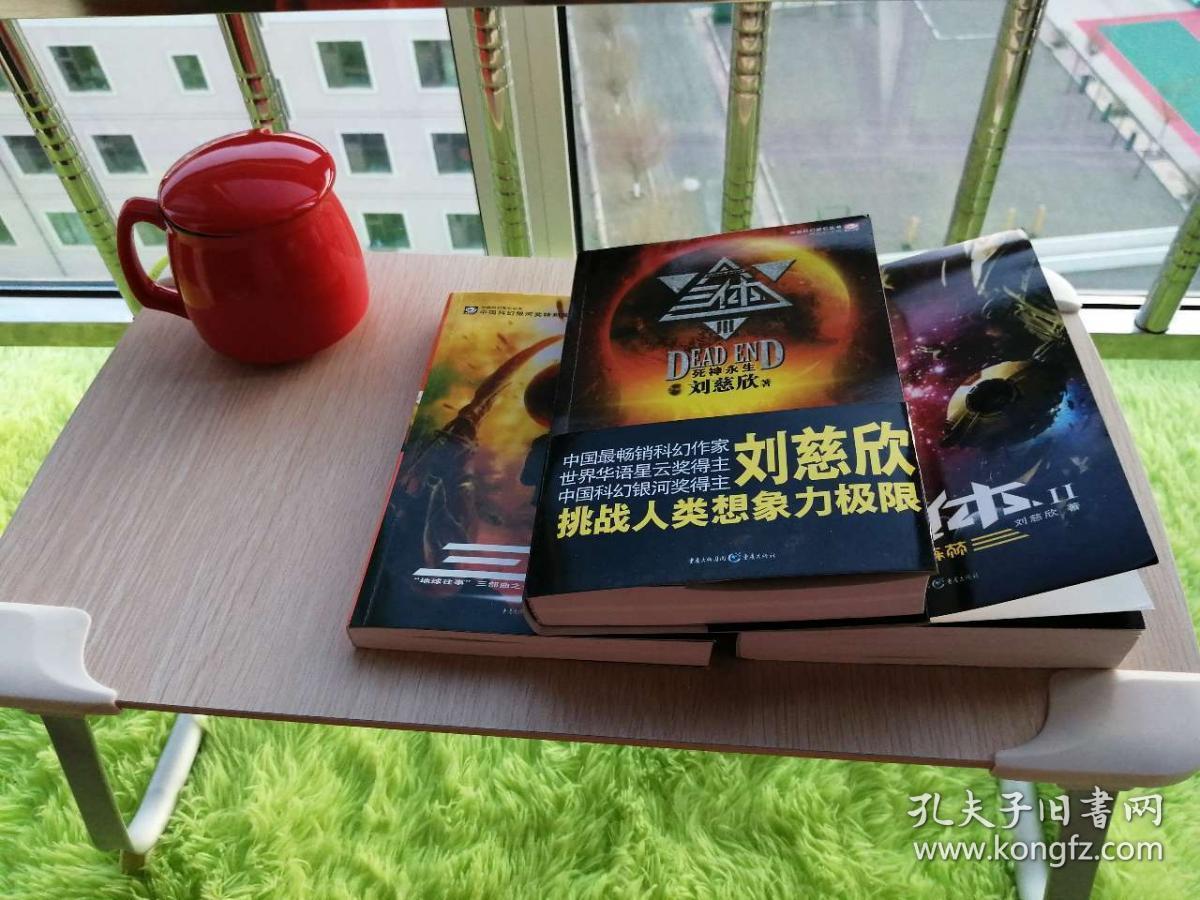VLS 2: Textuality and Materiality in Reading Practices
Textuality and materiality are two key properties of reading practices that are often studied separately. The second session, however, engages both into discussion through back-to-back talks. In the first talk, Lena Henningsen will share her thoughts on intertextuality and transtextuality based on the reading of Chinese science fiction. In the second talk, Lara Yuyu Yang treats the second-hand book reading practices as mostly material-centred, and goes on to discuss the tension between materiality and digitalization in China’s online second-hand book reading culture. The role of discussant is taken by Michel Hockx (University of Notre Dame)

Date: 2020-11-17
Time: 3:30 pm (Freiburg) / 9:30 am (New York) / 10:30 pm (Beijing)
To attend: Signup once for your access code or, if you already have, directly join the session via Zoom.
From Intertext to Transtextuality: Reading Acts in Chinese Science Fiction as Interfaces to (World) Literature
Lena Henningsen (University of Freiburg)
Abstract:
In this paper, I propose the concept of transtextuality as an expansion of intertextuality. Transtextuality arises when two texts operate as interfaces to each other. Text and intertext open up into a transtextual space in which they mutually impact on each other, serving as interpretative frames to each other. The focus in this paper is on a particular type of intertextuality which I refer to as “reading acts”. In my analysis, these refer to scenes in which the protagonists of literary texts read other texts. The sample for this paper consists of Chinese science fiction texts. Reading acts, intertextuality and transtextuality are, of course, neither a privilege of Chinese fiction nor of Chinese science fiction. Rather, literary figures often read themselves, and science fiction seems to be a particularly intertextual genre. What I am interested in, however, are two concerns, one related to literary and intellectual history in China and one related to theorizing intertextuality, interfaces and transtextuality. I aim at situating the texts within their respective historical and literary field in order to trace which texts were popular at what times in China, how they were read and in how far this impacted both on notions of the intertext and on interpretations of Chinese literary texts. The analysis serves as an examination of the literariness, the literary status and the literary claims of the texts at hand. Employing the frameworks of the interface and of transtextuality on different forms of intertextual references in Chinese science fiction, I argue that, first, these texts provide their readers with knowledge about and interpretations of science fiction literature and beyond. Second, the texts reflect on the role of literature and, third, they make claims about their own literariness and position within the literary cosmos of their time and within the literary canon, be it a canon of science fiction literature or of world literature.
Dust Hunters in the Confucius-dot-com Era: Identity, Materiality and Sensory Attachments in Second-hand Book-reading Culture in the Time of the Internet in China
Lara Yuyu Yang (University of Freiburg)
Abstract:
What distinguishes a used book from a new book? After a new book has travelled between countless anonymous hands of book sellers, readers, garbage dealers and librarians etc., it is gradually remoulded into a singular entity with traces of marks and stains. I refer to these traces as “dust” in my work. These are material changes that manifest hints of reading activities. It is the dust that classifies a book into the “second-hand” category. Every reader of second-hand books, in this sense, is a dust hunter, and their reading practices, as I will maintain, are mostly material-centred. However, the dust attached to the physical books cannot necessarily be conveyed onto the internet when the books are digitalised. How, then, is it possible, both logically and pragmatically, for dust hunters to interact with other practitioners on the material aspects of a book through digitalised platforms? By analysing three online second-hand book-selling platforms, including kongfz.com (孔夫子), booyee.com.cn (布衣书局) and the Déjà vu (多抓鱼) app, with a view to analysing the historical transformation of this reading culture, in this talk I focus on the cultural identities of dust hunters in China from 2003 to the present, a period that I call, after the most influential platform, the “Confucius-dot-com era”. I argue that, traversing the gap between on and offline systems, the identity hierarchy and the cultural expectations placed on dust hunters have been altered with a new ecology, which has further restructured the field and induced sensory changes in second-hand book-reading practices.